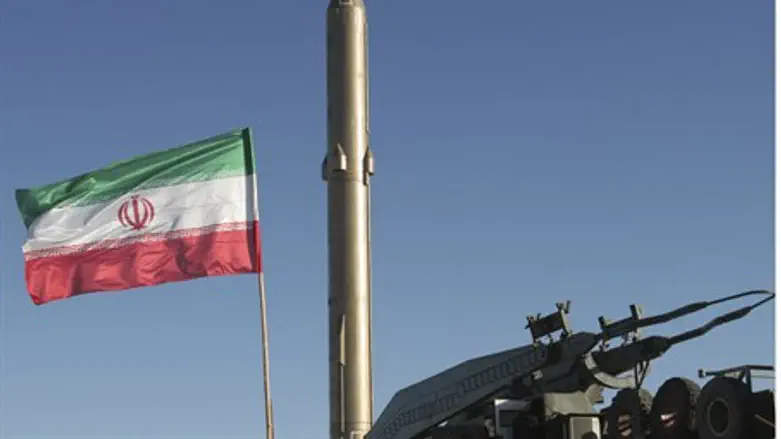
Foreign policy experts warned this week that if the US proves itself unable to enforce a hard line against Iran's pursuit of nuclear power, America will be rendered unable to oppose nuclear proliferation on a global scale.
The experts were speaking at the Heritage Foundation on Tuesday, reports the Washington Free Beacon, in an event just a week ahead of the extended July 7 deadline for a nuclear deal between world powers and Iran over the latter's controversial nuclear program.
"The fundamental problem is that we’re giving ground on what has been a principle of US non proliferation policy for 70 years, which (views) the spread of enrichment and reprocessing to any country, even our allies, as a problem," said Matthew Kroenig, associate professor at Georgetown University.
"What this Iran deal does is make an exception, not just for any country, but for Iran, a country that’s continually cheating on its agreements. So in the wake of the deal, I think it becomes very hard for us to go to our allies and say, ‘we trust Tehran with this technology, but we don’t trust you.'"
Brian Finaly, vice president of the Washington DC-based think tank Stimson Center, added to Kroenig's troubling assessment.
"As we understand how the world is changing, it is certainly impacting how we manage the proliferation threat, and I believe that getting out in front of this, thinking beyond the limited ability of the state to control proliferation in the future, is going to be essential to successful non-proliferation efforts," warned Finaly.
He explained that non-state actors such as multinational companies can play a role in preventing nuclear crises, noting on the conflict between India and Pakistan in the 1980s.
"A group of very senior level executives from an array of companies got together and sent a very clear message to the Indian Prime Minister: 'this crisis is bad for business and if we decide to leave India, we will not return,'" Finlay said.
That warning "had the ultimate effect of, I think, contributing significantly to the easing of nuclear tensions between the two countries, and it returned to semi-regular relations between the two countries," he added.
Regarding economic incentives, experts have warned that the current sanctions regime against Iran has not been tough enough to have an effect, as the Iranian GDP grew 3% in 2014.
Just this Monday Iranian officials announced that 13 tons of gold had been repatriated as part of sanctions relief, bringing the total in unfrozen assets since the November 2013 interim deal was signed to just under $12 billion.
